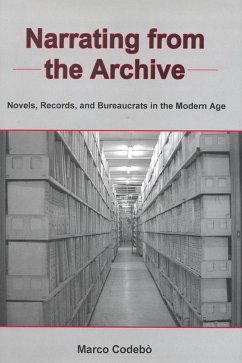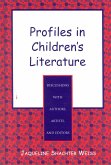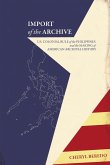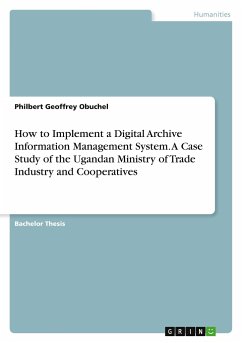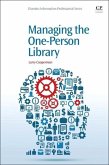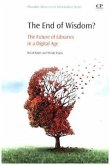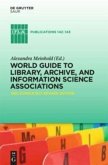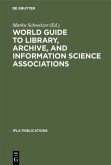This book discusses the relationship between the archive and the novel from early modernity to the digital age. The encounter between archival and novelistic discourses results in the archival novel, a fictional genre where the archive frames the readers' apprehension of the text. Archival fictions are self-reflexive texts that foreground the twofold role the archive plays in the composition of novels; providing novelists with reliable knowledge and organizing the written materials (notes, records, plans) that make writing possible. While the nineteenth-century archival novels rely on the archive to guarantee their claims to truth, in the twentieth century they tend to expose the archive as a practice tied to social and political power. When the digital database started to replace the paper archive in the 1970s, the epistemic and technological foundation of the novel began to erode--a process that ultimately will render the novel an outdated cognitive tool.

